The notion of nutrition has drastically changed during the past decade. Many people are now turning to more ancient dietary approaches than relying exclusively on modern nutrition standards. The Paleo diet, in particular, is becoming more popular than ever and showing significant promises for those who want to improve their health and lifestyle.
In this article, we will tackle the basics of the Paleo diet, what foods to eat and avoid, a sample meal plan, associated risks and potential benefits, plus relevant information about diabetic and heart health. We will also be looking at the most recent scientific evidence backing up the effects of following the Paleo diet, as well as providing some tips for making sure you get all your nutrient needs covered while sticking to this way of eating.
Don’t miss out on everything you need to know about the Paleo diet in 2023!
Short Summary
- The Paleo Diet is a type of eating that seeks to mimic the diets of our hunter-gatherer ancestors by emphasizing whole, unprocessed foods.
- Potential benefits of the Paleo Diet include weight loss, improved glucose control, and better body fat, blood pressure and cholesterol levels.
- Consult a healthcare provider prior to exploring this dietary approach and consider long-term risks associated with a high saturated fat intake.
What is the Paleo Diet?
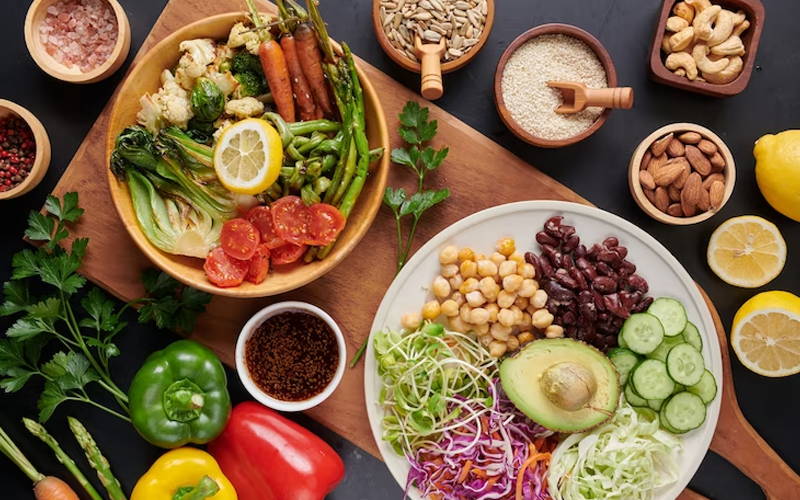
What to Eat on the Paleo Diet

Foods to Include
Foods to Avoid
Sample Meal Plan
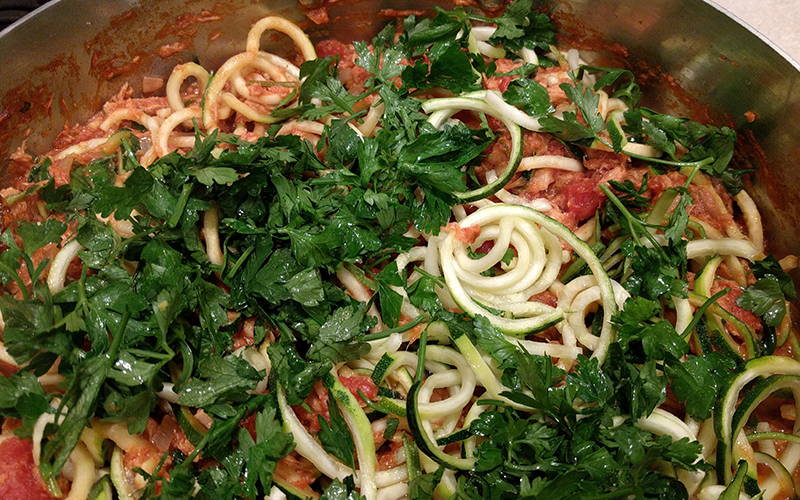
Benefits of the Paleo Way of Eating
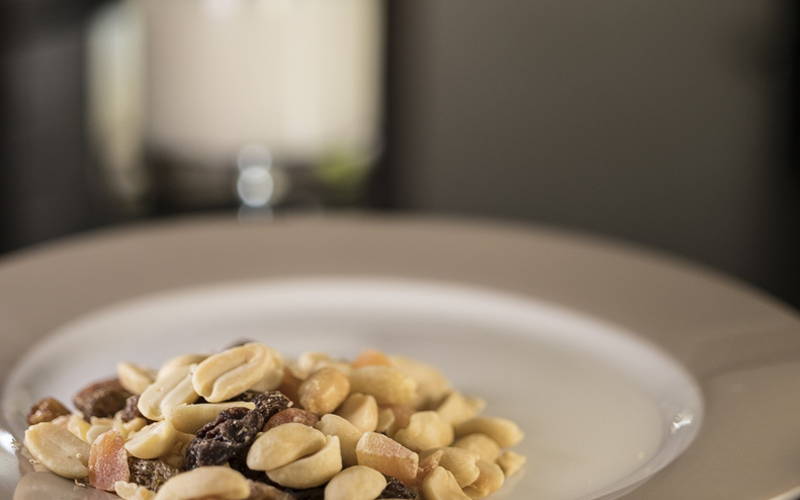
Risks of the Paleo Diet
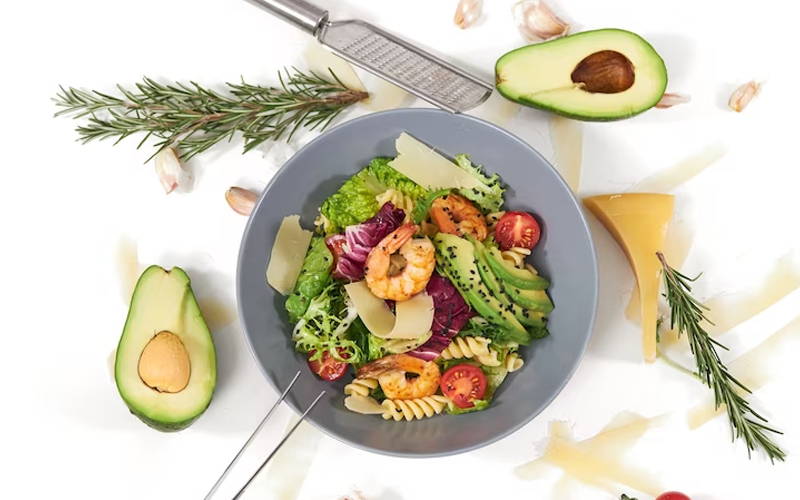
Pro Tips to Maximizing a Paleo Diet
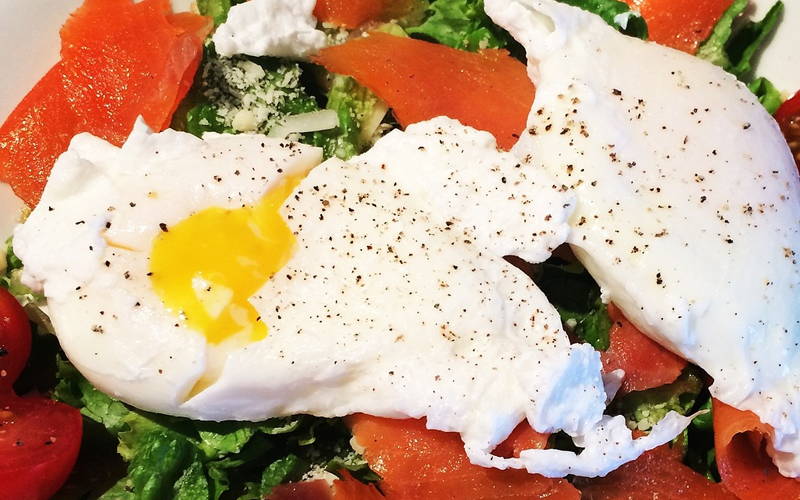
Is the Paleo Diet Good for People with Diabetes and Heart Health?
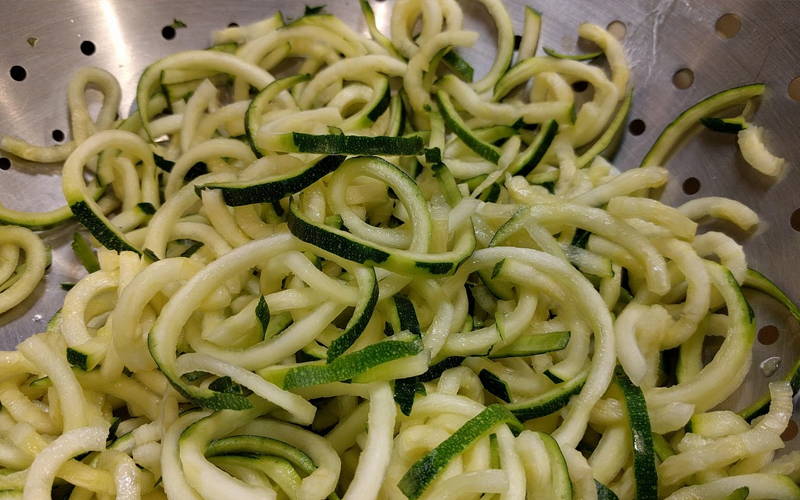
What to Expect if You Try the Paleo Diet

Resources for Info About the Paleo Diet











